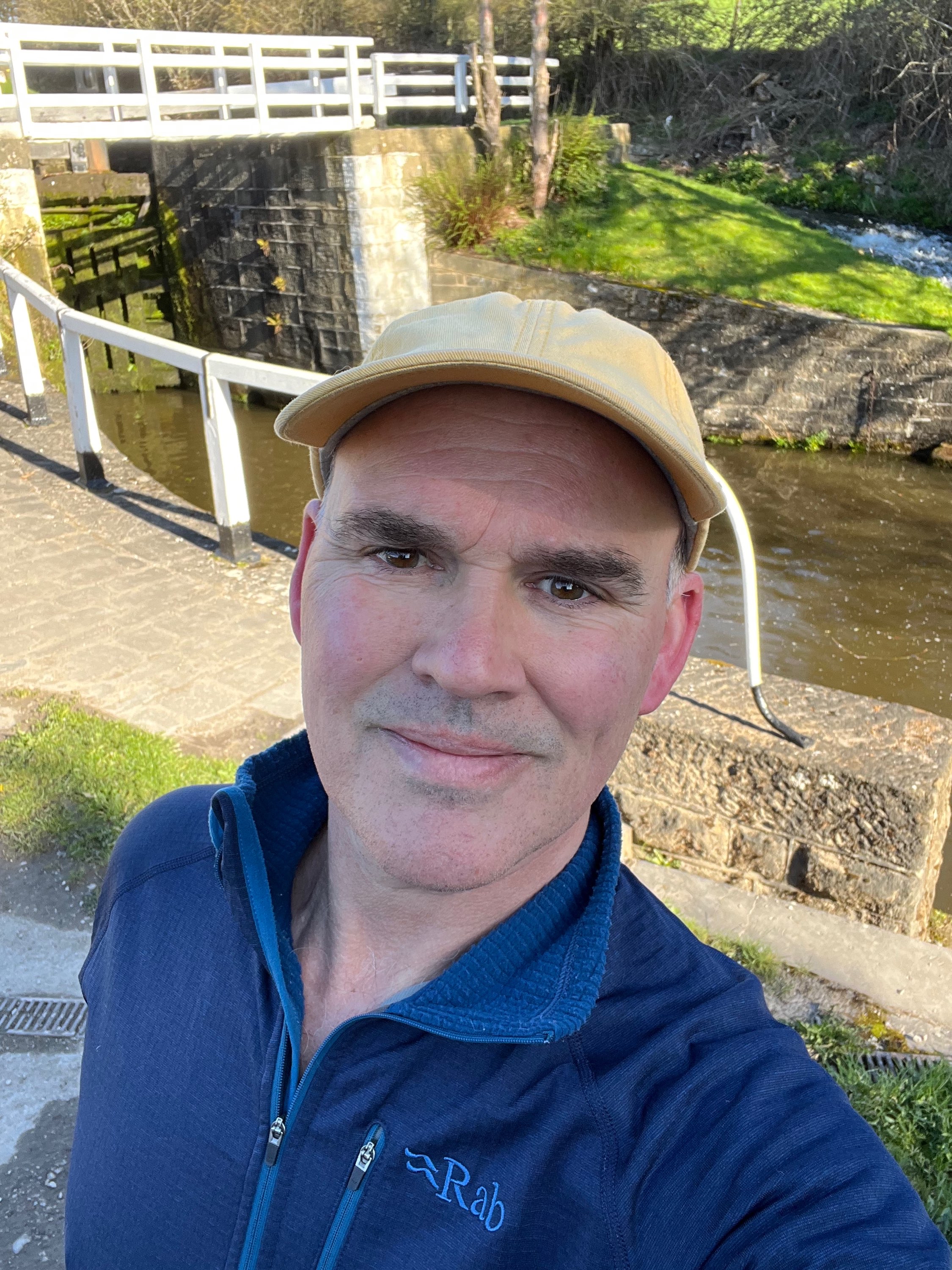Jurassic discoveries
- lfjedwards

- Jun 19, 2024
- 2 min read
I’m currently on holiday with my family in Dorset and no visit would be complete without venturing to the Jurassic Coast, a World Heritage Site, stretching from Exmouth in east Devon to Studland Bay in Dorset.
The area is renowned for its fossilised remains, ranging from the smallest of fish bones to the skull of a two meter long pliosaur, a fearsome marine reptile with powerful jaws and razor-sharp teeth.
We visited Monmouth beach in Lyme Regis, famous for its Ammonite Pavement. The beach is named after the Duke of Monmouth who landed here in 1685 in a failed attempt to overthrow his uncle, King James II.
Ammonites lived in the sea and died out around 66 million years ago. Ammonites belong to a group of predators known as cephalopods, which include living relatives such as the octopus, squid and cuttlefish.
I was fairly dismissive at first as I’ve been to places before and been promised fossils and found nothing (dinosaur footprints at Rubha nam Bràithrean, Skye spring to mind) and the tide was not quite low enough to see the ‘pavement’ but I was pleasantly surprised to see plenty of ammonites on the large rocks on the shore.



Many people walked past the same rocks, heads down, disappointed, finding nothing and missing the perfect specimens I had been lucky enough to spot, some quite close to the water’s edge. There wasn’t just the odd one dotted around, every few steps there was either a perfectly formed curly, spiral shelled creature embedded in a rock or a small, incomplete but recognisable fragment of a life long since perished. It truly boggles the mind to think that these creatures captured in time pre-date humans by millions of years and inhabited the once tropical seas of the south coast of England.


Sights and experiences like this puts everything into perspective, life on earth is old, very old and our place in this world is but a very small fraction of its history and for most of that we’ve plundered and depleted its resources and hunted animals to extinction. Fossils are a reminder of a life once lived but also one since long lost and can show us how life and the climate have changed over time and how its inhabitants have responded to those changes. Those lessons are especially important now as our climate continues to change.


cool
falso Rolex
replica rolex air king
Really enjoyable piece, certainly brings back some happy memories of visits to that lovely area. Fascinating and engaging..